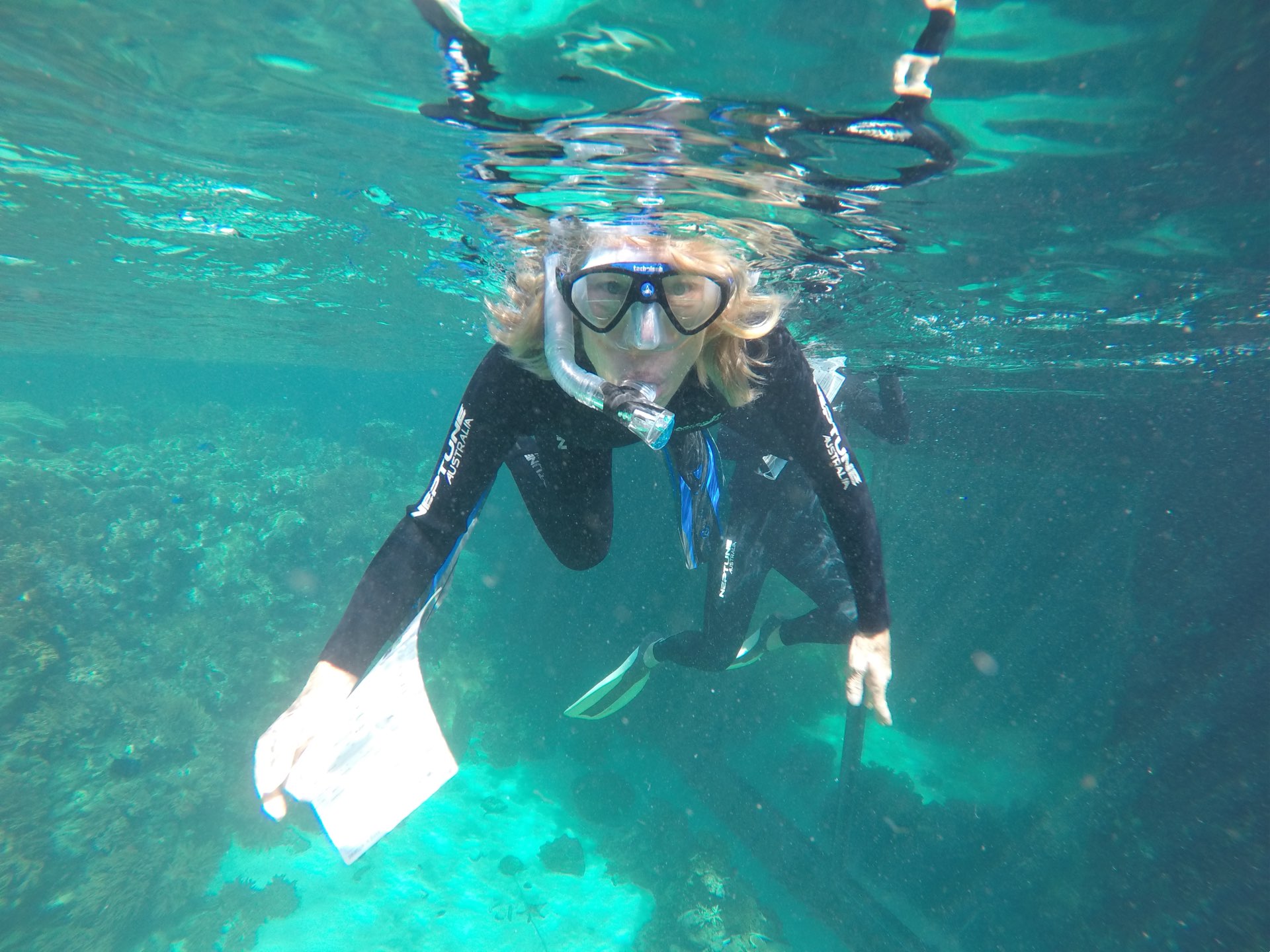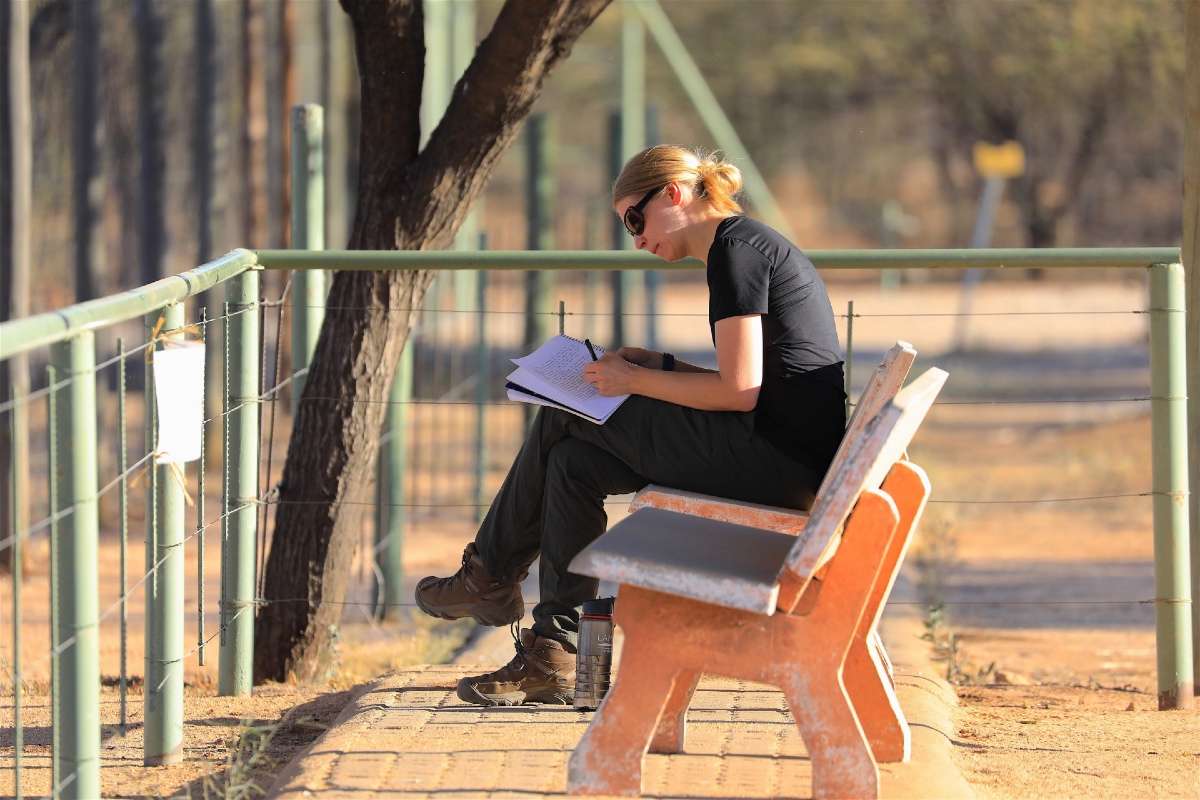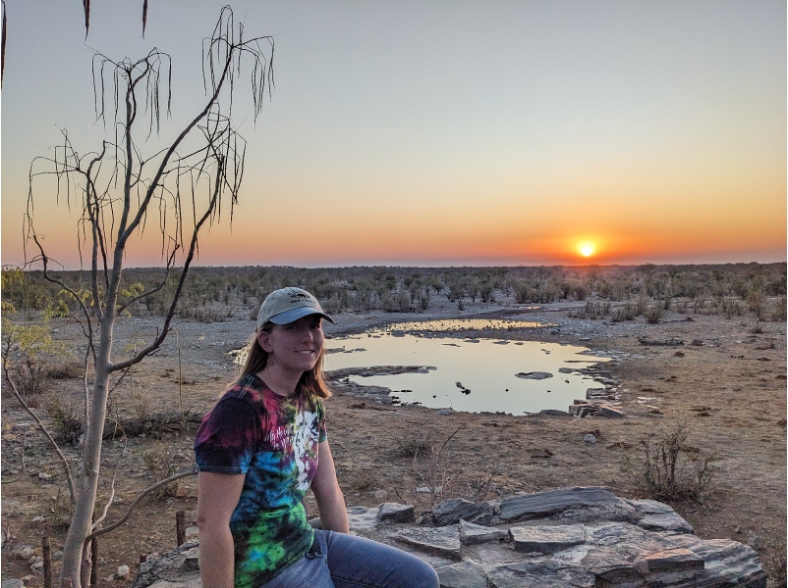
"The project-based activities opened up a world of opportunities for me to explore and inspire others to establish connections with nature.”
- Marsha Sisney, M.A. '18, a treasurer for the Great Lakes Educators of Aquatic and Marine Science in Chicago, Illinois



